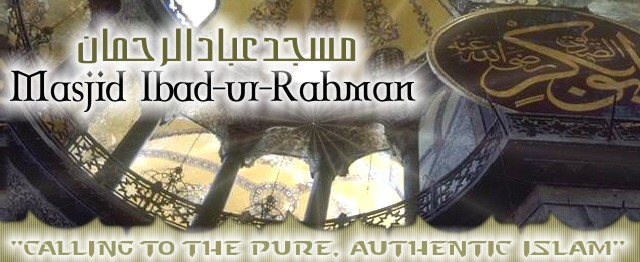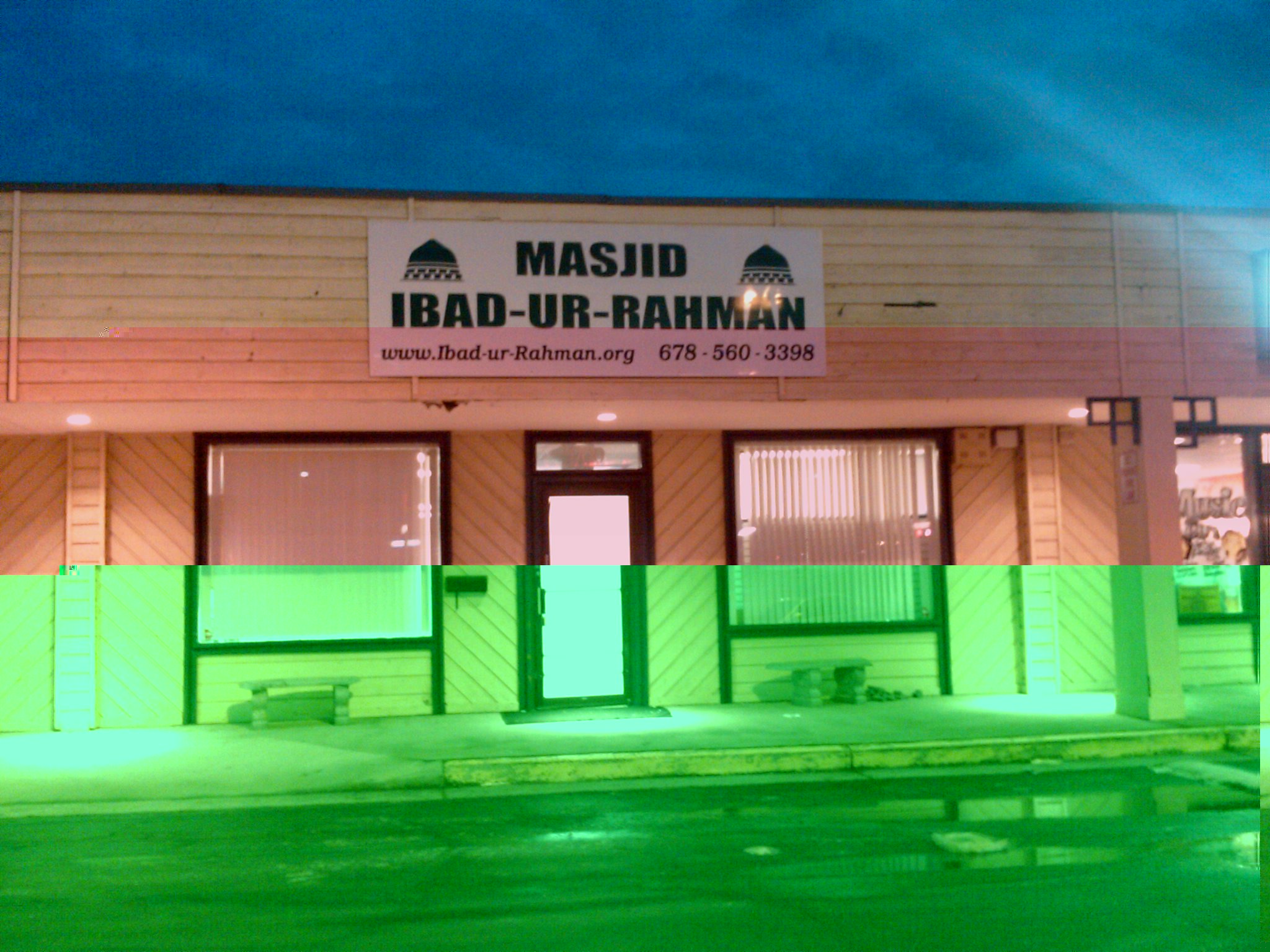
Assalamu Alaikum !!
Welcome to
Ibad-ur-Rahman.org

Home |
Recommended Books | Biographies
| Jewels of Guidance

Photo Gallery
Kids Corner
ENJOINING GOOD and FORBIDDING EVIL
by Muhammad ibn Jameel Zainoo
They are the two basic pillars upon which a healthy society can be built. These two are also the characteristics of the Muslim nation. Allah the Exalted says:
“You are the best of people ever raised up for mankind: you enjoin good and forbid evil and you believe in Allaah.” [Surah al-Imran 3:110]
When we abandoned enjoining the good and forbidding the evil, society decayed and the social and morality degenerated. this foundation of social reform is not the concern of a few people; it is the duty of every Muslim, man or woman, scholar or layman as everyone should do his best in this fighting. The Prophet(sal'Allaahu alayhi wa salam) said:
“Whoever sees a vice should stop it by hand, if possible, or by tongue or (he should hate it) in his heart. This is the lowest (act) of Faith.” (Muslim)
MEANING OF ENJOINING GOOD AND FORBIDDING EVIL
1.Formal sermons of Fridays and 'Eid. The Khateeb (one who delivers the sermon) can elaborate the vices.
2.Giving lectures and writing articles in magazines and papers, explaining the diseases of the society and prescribing the remedies.
3.Publishing books in order to discuss the issues and convince people of the inevitability of social reform.
4.Spontaneous preaching at gatherings where one can talk to a group enjoin good or discourage a vice like smoking by explaining its harms like spoiling one's money and health.
5.Advice: like the one advising his own son not to wear a gold ring or warning someone not to abandon performing the prayers. One can also advise someone who supplicates other than Allah to stop that practice.
6.Correspondence with others encouraging them to perform the prayers timely and congregation ally in the mosque. People tend to read short messages; so a letter can also be sent to someone on Zakat, Jihad, or major sins such as invoking the dead for help etc.
QUALIFICATIONS OF A PREACHER
1. Kindness and tenderness are needed for successful conduct of this type of work and to enable the human hearts (to) apreciate and accept it. Allaah the Exalted said to Musa (Moses) and Harun (Aaron):
“Go both of you to Pharoah – verily he has transgressed – and speak to him mildly, perhaps he may accept admonition or fear Allaah.” [Surah Taa Haa 20:43,44]
If you see someone abusing somebody and committing a blasphemous sin, ask him to seek refuge with Allaah from Satan. Be polite and be tender with him to teach him the right method. Show him that Allaah the Creator deserves praises and not at all disbelief. he can be kindly taught to know the gifts and graces of Allaah. Disbelief never profits; so one has to repent to avoid the torment of the Fire in the Hereafter, let alone the unhappiness in this world.
2.Halal and Haram (lawful and unlawful) must be well-known to whoever wants to conduct encouraging good and discouraging vice, lest he should misguide people.
3.One should practise what he says and must not contradict by what he does. If his say is identical to what he does, people will be convinced that the good will prevail. Allh the Exalted says:
“Do you enjoin righteousness on the people and forget yourselves, while you recite the Scripture! Have you then no sense?” [Surah al-Baqara 2:44]
4.Our intention behind encouraging the good and discouraging the evil should be pure. our purpose should be simply the pleasure of Allaah at the time we supplicate (for) Allaah to help us and help out our brothers who commit vices. If we do so excuse(s) will be accepted by Allaah:
“And when a community among them said: 'why do you preach to a people whom Allaah is about to destroy or to punish with a severe torment?' They (the preachers) said: 'in order to be free from guilt before your lord (Allaah), and perhaps they may fear Allaah.'' [ Surah al-A'raf 7:164]
Taken From: Islamic Guidelines for Individual and Social Reform
By: Muhammad ibn Jameel Zaino
Page: 124-126
Spanish | Arabic | Urdu | Islaamic Web Links | Hifth Qur'aan Program | Contact Us
Copyright 2009 Ibad-ur-rahman.org
Site created by Affiliate Concept Technologies, LLC